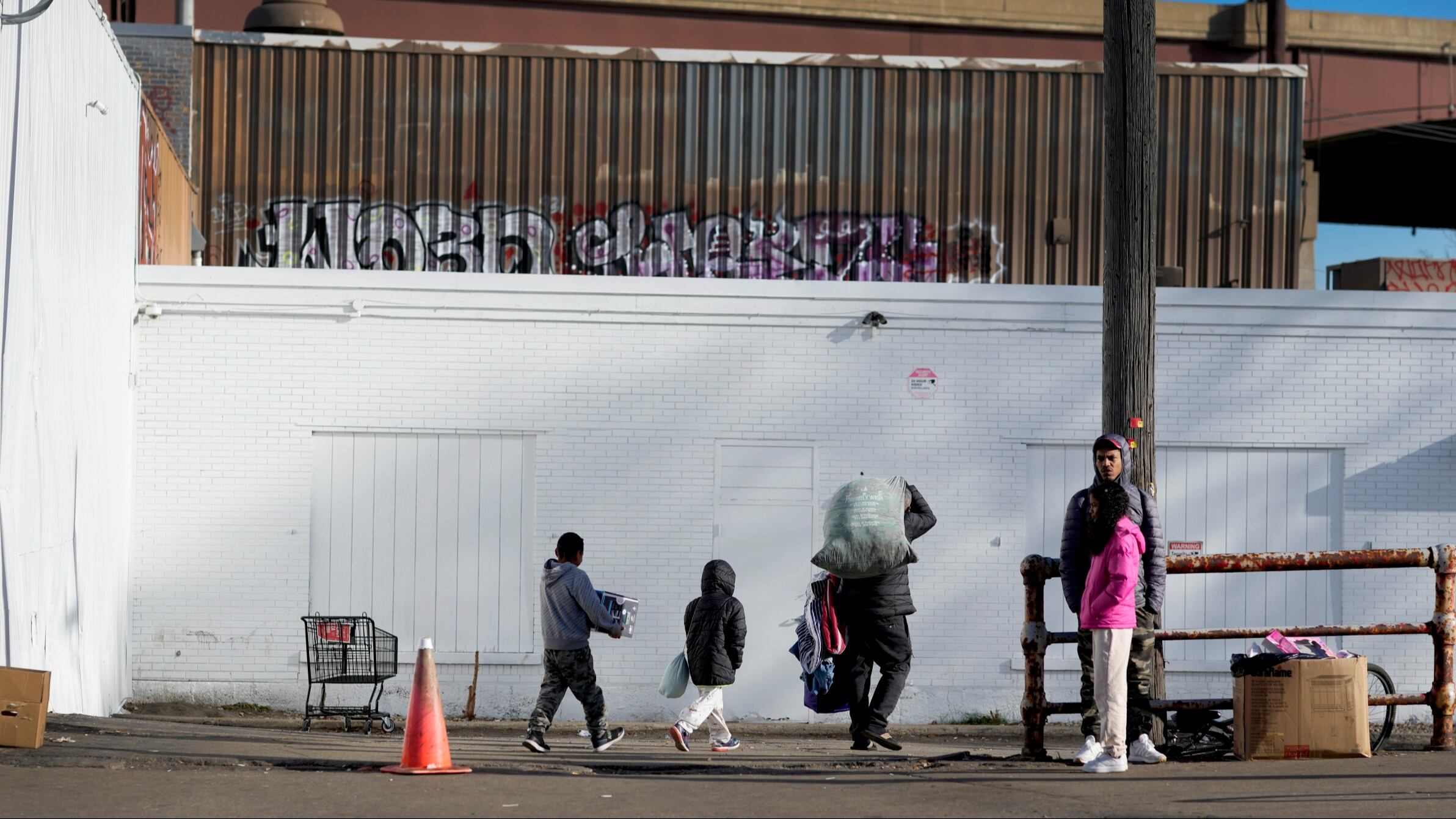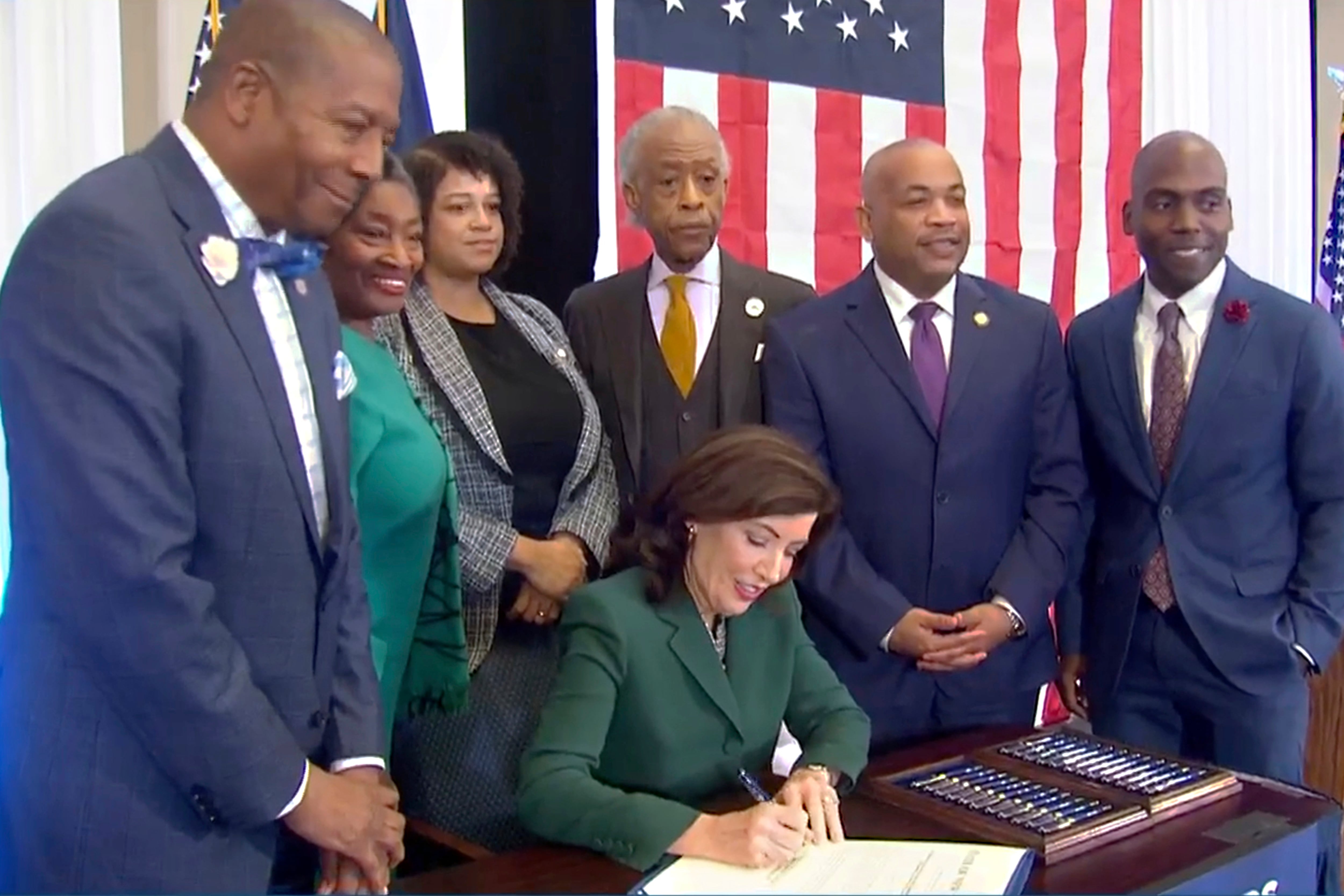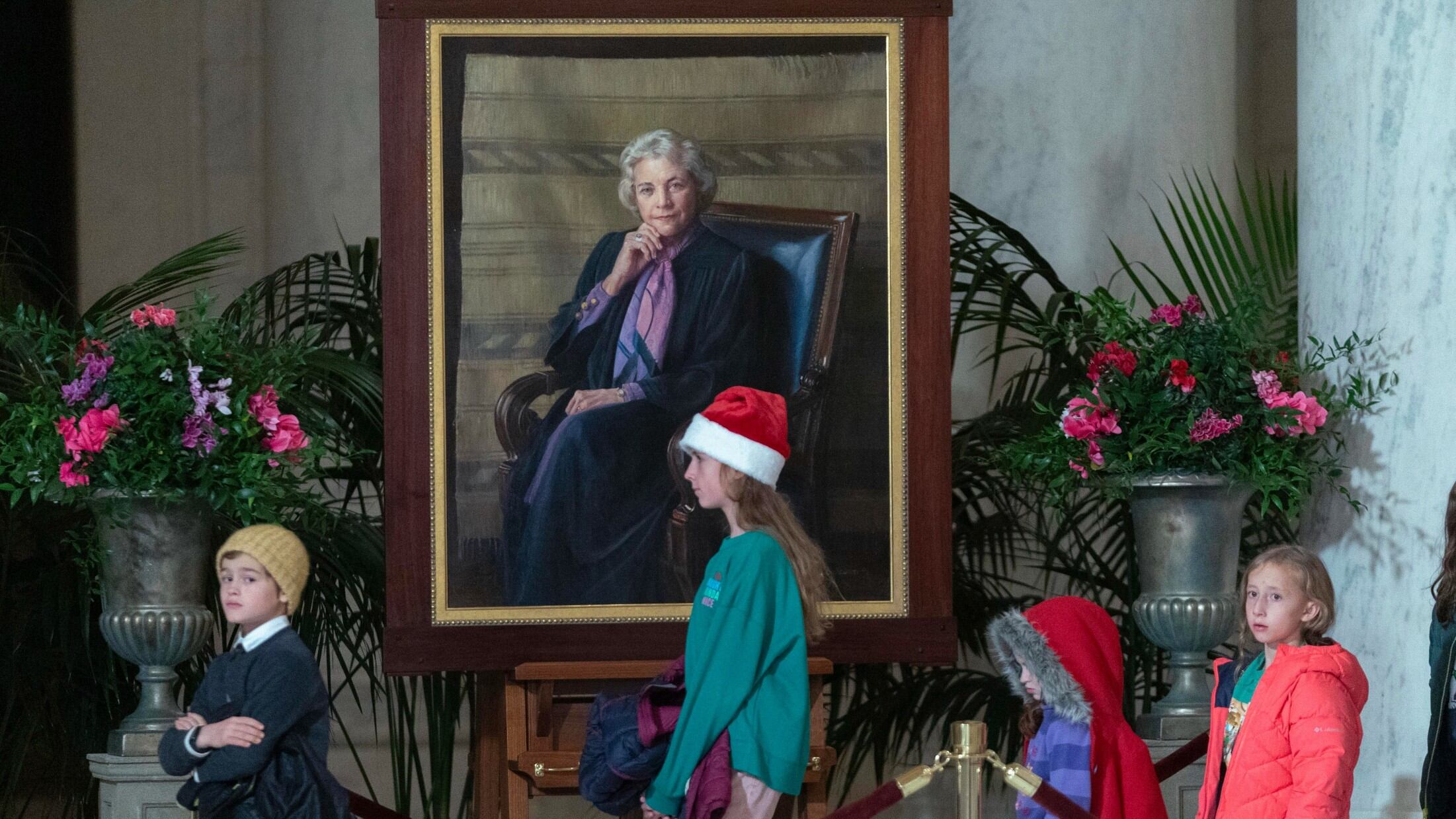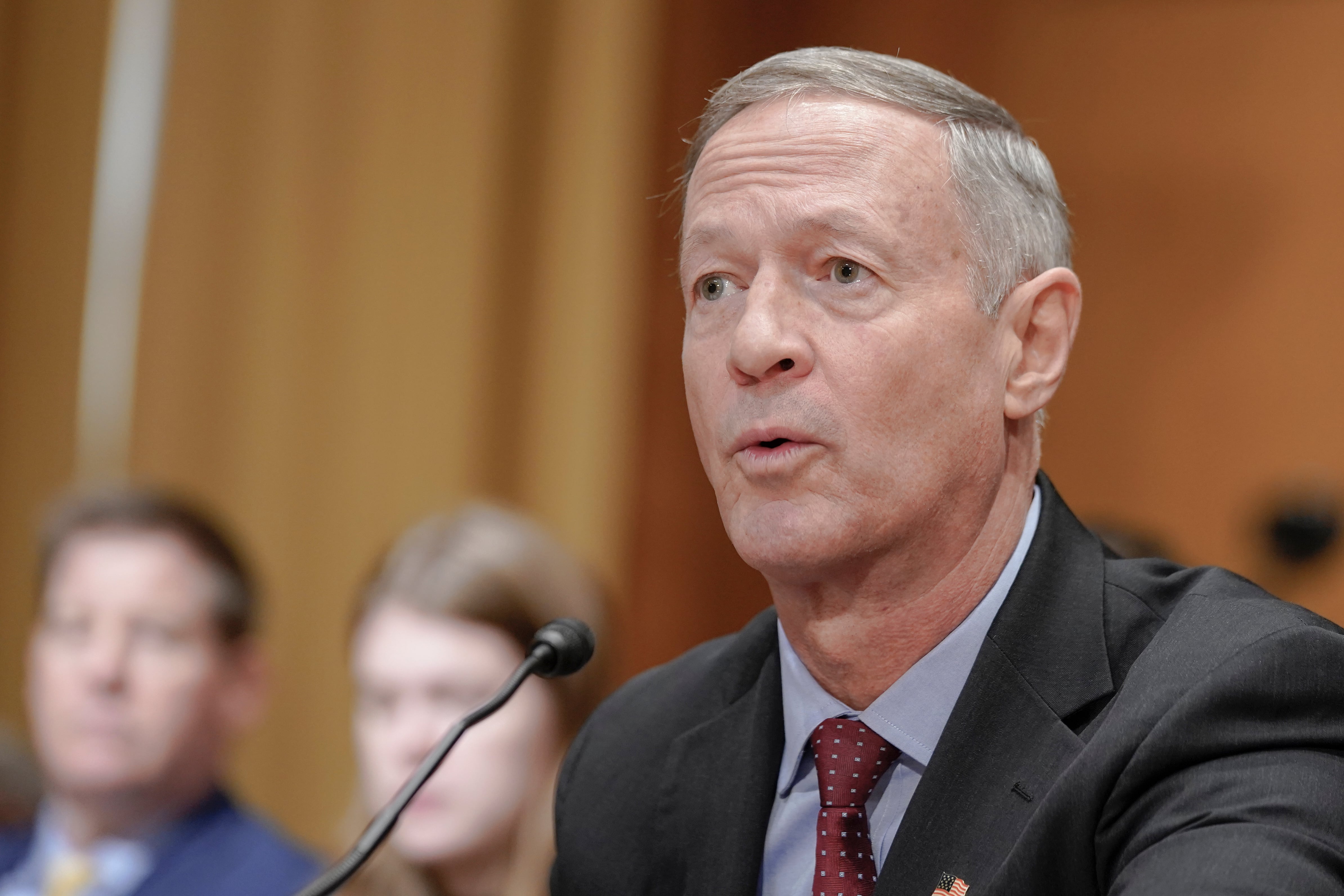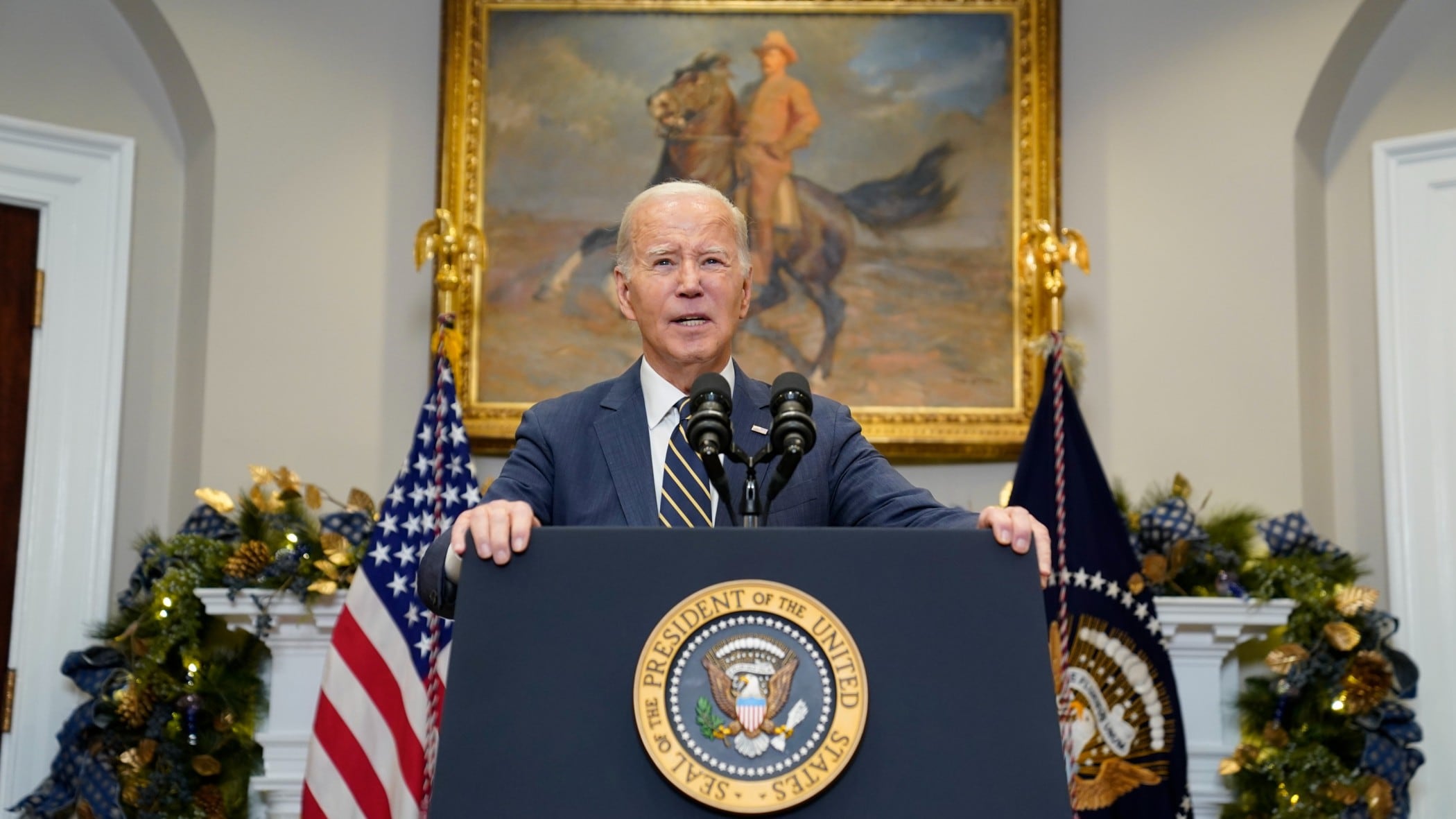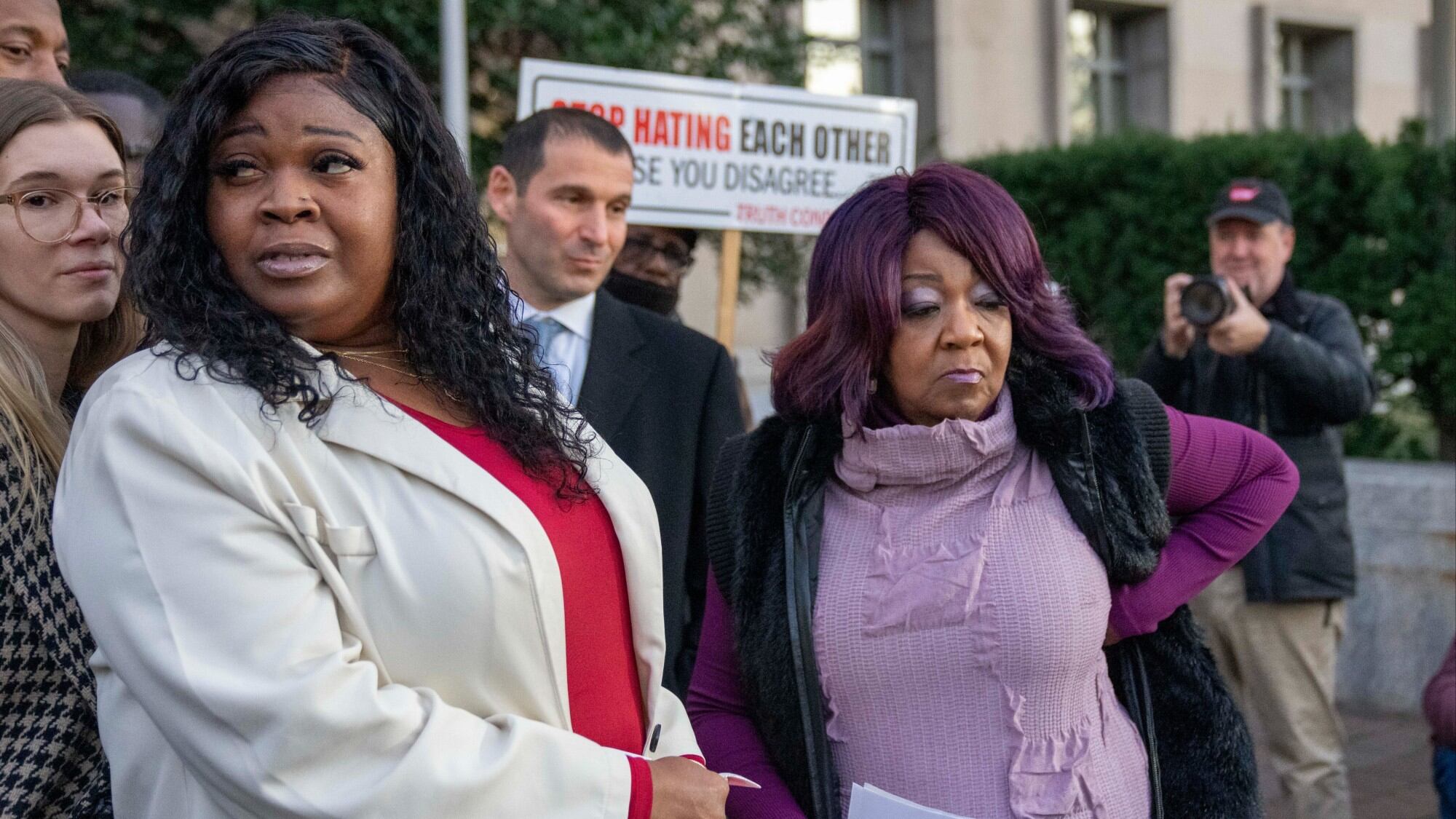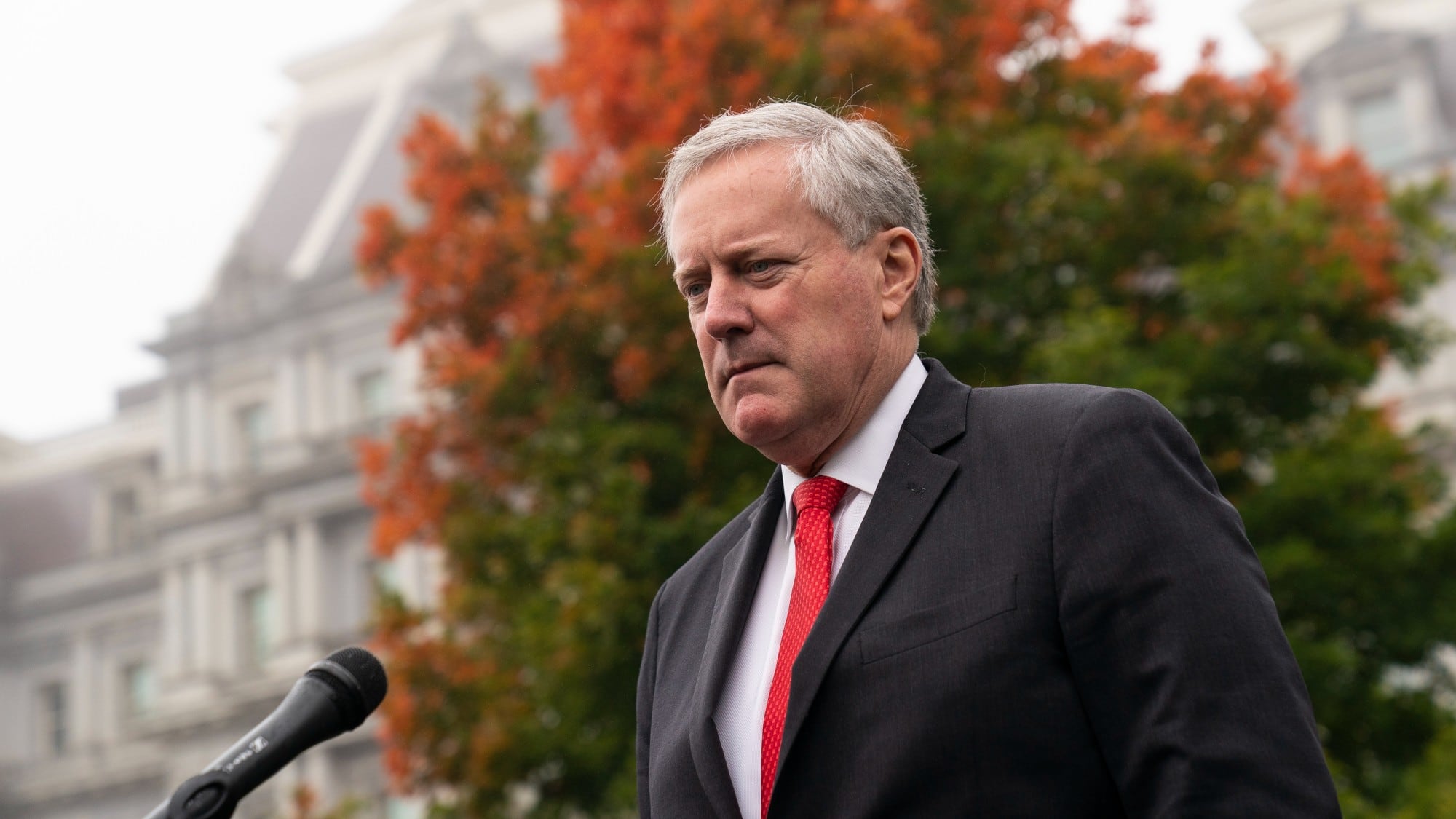By Jennifer Peltz and Michael R. Sisak
Former President Donald Trump returned to his civil business fraud trial as a spectator Thursday, after a month of assailing the proceedings from afar.
With testimony winding down after more than two months, the Republican 2024 presidential front-runner showed up to watch an accounting professor testify about financial topics important to the case.
Trump himself is scheduled to take the stand Monday, for a second time.
Even while campaigning to reclaim the presidency and fighting four criminal cases, Trump is devoting a lot of attention to the New York lawsuit. He’s been a frustrated onlooker, a confrontational witness and a heated commentator outside the courtroom door.
“This is a witch hunt, and it’s a very corrupt trial,” Trump said on his way into court Thursday.
The case is putting his net worth on trial, scrutinizing the real estate empire that first built his reputation, and threatening to block him from doing business in his native state.
New York Attorney General Letitia James' suit accuses Trump, his company and some executives of misleading banks and insurers by giving them financial statements full of inflated values for such signature assets as his Trump Tower penthouse and Mar-a-Lago, the Florida club where he now lives. The statements were provided to help secure deals — including loans at attractive interest rates available to hyper-wealthy people — and some loans required updated statements each year.
Trump denies any wrongdoing, and he posits that the statements' numbers actually fell short of his wealth. He also has downplayed the documents' importance in getting deals, saying it was clear that lenders and others should do their own analyses. And he claims the case is a partisan abuse of power by James and Judge Arthur Engoron, both Democrats.
Thursday's witness, New York University accounting professor Eli Bartov, appeared for Trump's defense.
In a report prepared before his testimony, Bartov disputed the attorney general's allegations that Trump's financial statements flouted basic accounting rules. The professor added that in the accounting and financial world, recipients see such statements as just a starting point for doing their own analyses.
Trump has regularly railed about the case on his Truth Social platform.
Going to court in person affords him a microphone — in fact, many of them, on the news cameras positioned in the hallway. He often stops on his way into and out of the proceedings, which cameras can't record, to expostulate and to cast various developments as victories.
His out-of-court remarks got him fined $10,000 Oct. 26, when Engoron decided Trump had violated a gag order that prohibits participants in the trial from commenting publicly on court staffers. Trump's lawyers are appealing the gag order.
James hasn't let Trump go unanswered, often — but not Thursday — showing up to court herself when he's there and making her own comments on social media and the courthouse steps. Lawyers in the case have been told not to make press statements in the hallway, but the former president has been allowed to do so.
“Here’s a fact: Donald Trump has engaged in years of financial fraud. Here’s another fact: When you break the law, there are consequences,” her office wrote this week on X, formerly Twitter.
While the non-jury trial is airing claims of conspiracy, insurance fraud and falsifying business records, Engoron ruled beforehand that Trump and other defendants engaged in fraud. He ordered that a receiver take control of some of Trump’s properties, but an appeals court has held off on that order for now.
At trial, James is seeking more than $300 million in penalties and a prohibition on Trump and other defendants doing business in New York.
It's not clear exactly when testimony will wrap up, but it's expected before Christmas. Closing arguments are scheduled in January, and Engoron is aiming for a decision by the end of that month.
Updated December 7, 2023 at 10:57 a.m. ET with full article.
